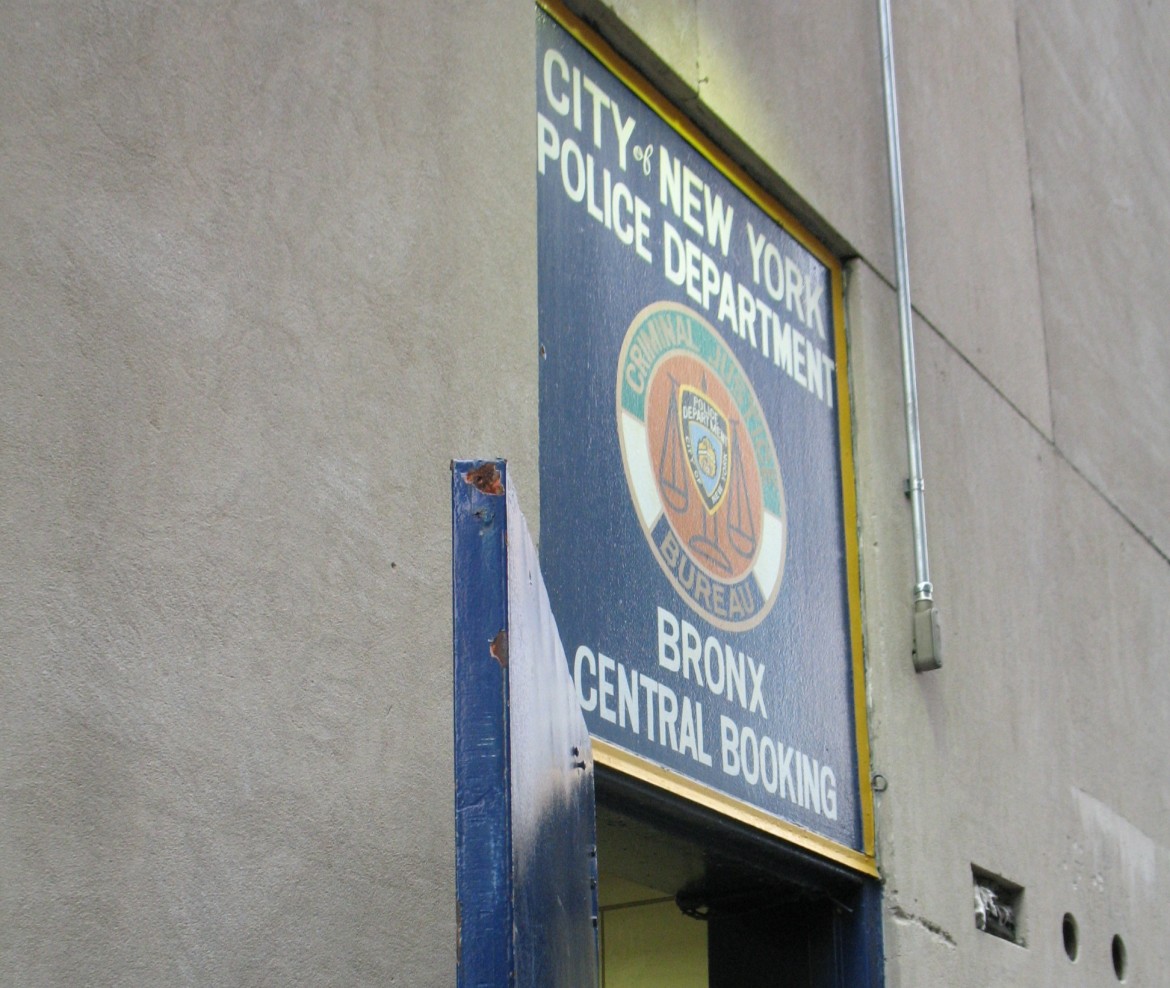Closing Rikers
The Perils and Potential of Closing Rikers Island
Ed Morales |
City Limits contacted all 51 members of the City Council, the five borough presidents and the three citywide officials to ask whether they support closing Rikers.

Jarrett Murphy
Closing Rikers would require changes throughout the city's justice system. That many of those fixes are underway suggests shuttering Rikers is not impossible, but the resistance to some of those more modest reforms indicates how hard it would be.
City Limits contacted all 51 members of the City Council, the five borough presidents and the three citywide officials to ask whether they support closing Rikers.
The jury is still out on whether reforms – segregating the most violent inmates, a crackdown on smuggling, faster use-of-force investigations – will be effective.
Rikers’ physical reality, many agree, is a crucial part of its problem.
The key question might not be whether the city should live without Rikers, or how it would do so, but whether it has the political will to finish the transformation that has already started.
Frustration among some community leaders with the role Latinos are playing in the administration might seem like it’s just about surnames. But it’s about policy and history, too.
In 2012, the 13th Congressional district was redrawn to increase the impact of Latino voters. Does Rep. Rangel’s second victory since then mean that mission succeeded, or failed?
Anyone hoping to become the city’s first Latino mayor will have no choice but to forge a coalition with other communities. The key decision will be what kind of identity to build common cause around.
For all the hope and fear that identity politics can foster, there are plenty of examples of practical politics or ideological differences trumping cultural identity. The debate over the controversial Fresh Direct deal is one such instance.
For decades the hub of local Latino political power has been the Bronx, where a handful of powerful families play a huge role. Part four of our series looks at whether that’s a plus or a problem.
In the third installment of our series on Latino political engagement in New York, we look at the shifting influences of the city’s Puerto Rican, Dominican and Mexican groups.